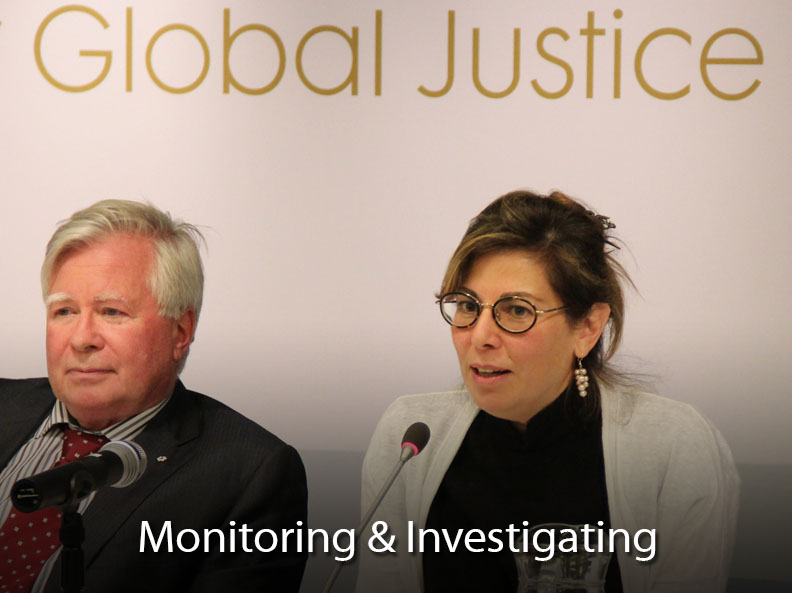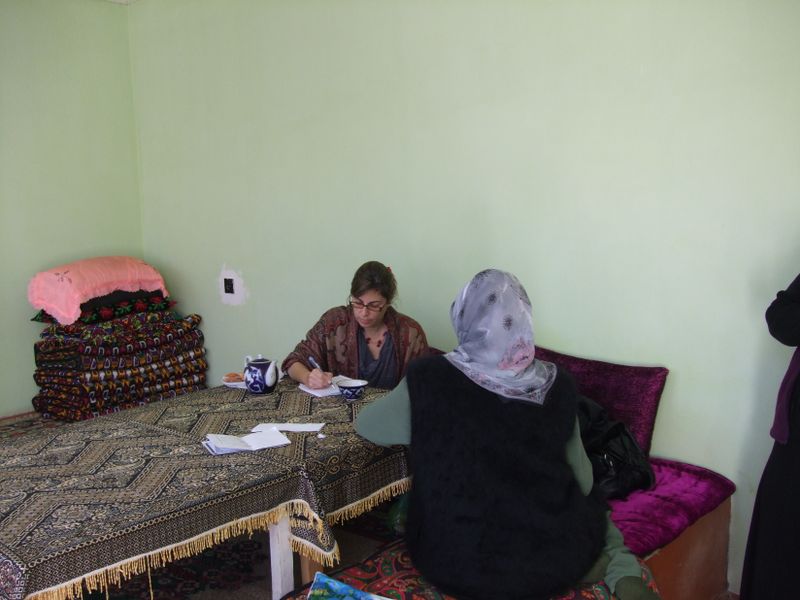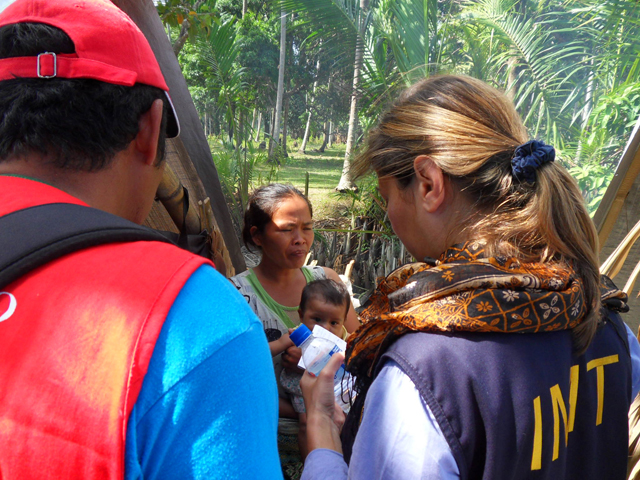Beyond peace Founder’s past work with Commissions of Investigation (Kyrgyzstan Independent Commission of Inquiry) and human rights monitoring (International Monitoring team – IMT, Mindanao’s ceasefire monitoring mission) as well as years of experience working with victims (as Executive director for the Centre Nassim for the victims of torture) and perpetrators has allowed her to join leading reflection on the state of the profession and on best practice.
In an article made public in 2014 on the Protection of Witnesses, Victims and Staff in Monitoring, Reporting, and Fact-Finding Mechanisms (https://papers.ssrn.com/sol3/Papers.cfm?abstract_id=2392493), she examines the sources of the obligations to protect and the nature of the threats that could arise for witnesses, victims and staff. She looks at the measures that can be applied by MRF professionals and analyses how past MRF missions, whether commissioned by ad hoc bodies or by the UN, have grappled with these risks and taken – or not – protective steps.
This paper formed one of the basic documents utilized by the Harvard Group of Professionals on Monitoring, Fact-Finding and Reporting, for a 3-year research on the topic, on which we contributed. The finding of this work were presented in an HPCR’s Advanced Practitioner’s handbook on Commissions of Inquiry, published in 2015.
The Advanced Practitioner’s handbook on Commissions of Inquiry was presented in November 2015 in an event hosted in coordination with the AU in Addis Ababa and in December as a side event to the International Conference of the Red Cross and Red Crescent in Geneva. Cynthia Petrigh from Beyond peace also spoke as a panelist at an event hosted by the Swiss Government at the UN HQ, which was attended by member states and representatives from the UN agencies. The conference discussed dilemmas surrounding mandate interpretation, applicable legal lenses, witness protection and public communication.
Organised by the Hague Institute for Global Justice and the Harvard Program on Humanitarian Policy and Conflict Research (HPCR) allowed for an interactive and interesting discussion with hand-picked practitioners, trainers, and policymakers engaged in investigative efforts in the domain of international criminal law, international humanitarian law, and human rights, on the development of methodologies and approaches for surmounting common challenges in recent fact-finding practices.



